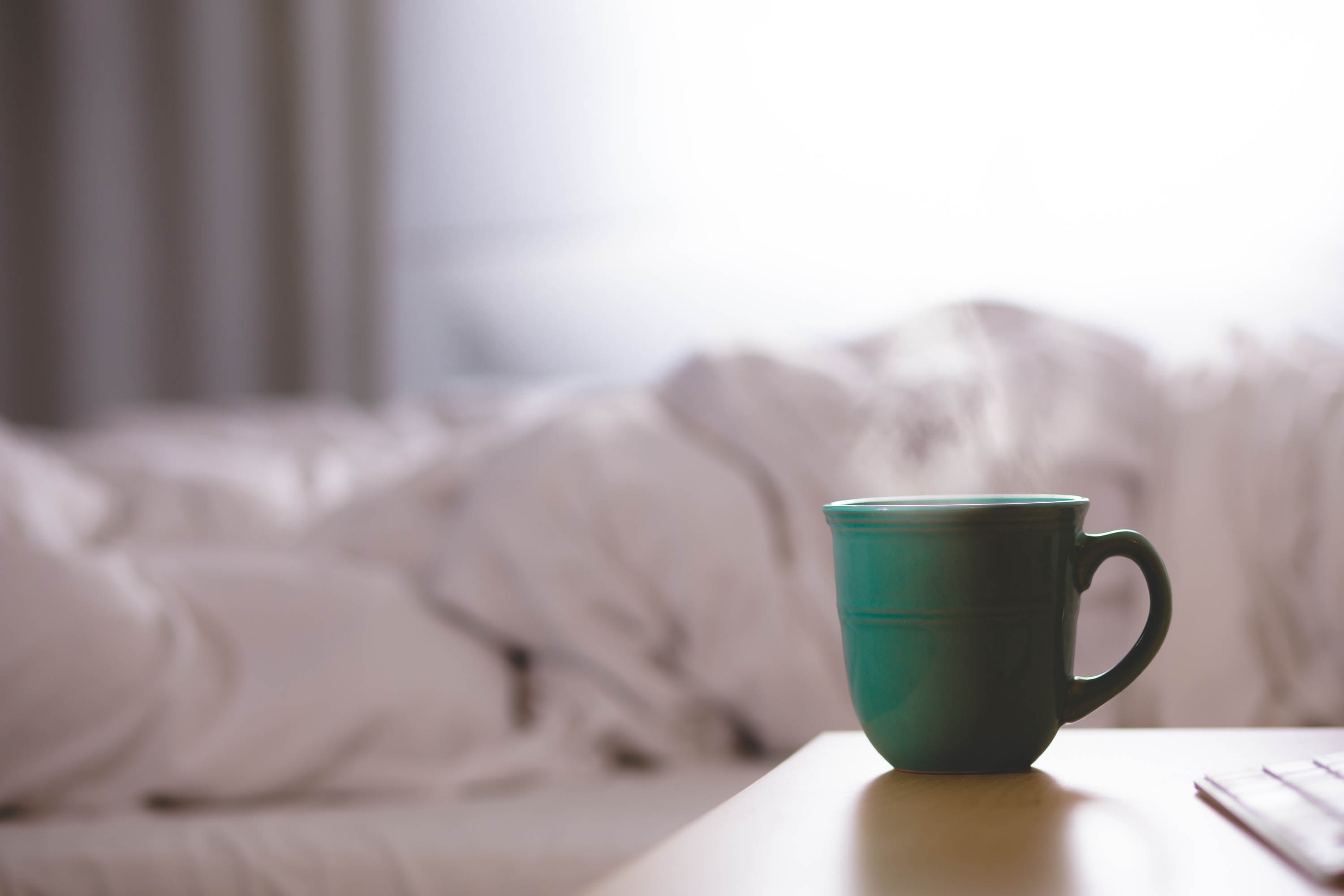Or listen in your favorite podcast app
Apple Podcasts / Google Podcasts / Spotify
---
Sleep. We all do it, and we all need it. Yet, our fast-paced working culture would have you believe that it’s a luxury only the weak and unproductive can afford.
Terry Cralle is trying to flip this narrative.
Cralle (Twitter: @PowerofSleep) is a sleep researcher and co-author of the book Sleeping Your Way to the Top: How to Get the Sleep You Need to Succeed. In today’s episode, Chad sits down with Cralle to discuss why sleep isn’t just a pillar of a healthy lifestyle; it’s the foundation.
Show Notes
[4:00] The Stigma Of Sleep
- Our society has a serious issue with stigmatizing those who choose to sleep. Maybe you’ve noticed it before in the workplace, where a coworker brags about staying up until 2 AM working on a project while you left at 5 so you could get some rest. Or in social situations, where your friends scoff at you for turning in at 8 PM instead of midnight. Sleep stigma is even an issue in schools, where insanely early start times cause sleep deprivation in teenagers and young children.
"We don't attach that same sort of mindset and characterization to being thirsty. We don’t see needing another drink as being a weakness on any level.”
[6:00] Changing Perspectives On Sleep
"When you’re trying to reason with a sleep-deprived person, it can be challenging.”
- Changing the cultural perception of sleep is an uphill battle. We, as a society, need to start treating sleep as being more essential to your health and wellbeing as working out or having a healthy diet.
- Think of it like this, would you brag about getting black-out drunk each night to your friends and coworkers? Probably not, but studies have shown that being drunk and suffering from extreme sleep-deprivation can carry some of the same risks.
"You don’t have time to not get enough sleep.”
[15:30] How To Get Caught Up On Sleep
"The starting point is to get a different mindset. You have to reframe [sleep] first. You have to look at it as being the foundation of health and wellness.”
- Set a bedtime and stick to it. Develop a whole routine around your assigned sleep hours. Turn off your phone an hour before and pick up a book, practice meditation, or throw on your favorite podcast (wink wink).
- Set how much sleep you want to get (between 7-9) and stick with it. Don’t yo-yo from four hours one night to 12 the next. Regularity is key.
- Upgrade your mattress. You’re going to spend a third of your life on this thing. Invest in getting the best one.
[22:45] Dealing With Caffeine And Alcohol
- If you’re getting sleepy in the middle of the day, you’re not getting enough sleep. Caffeine may help you make it through the day, but it can trap you in a vicious cycle. It’s true, it can boost productivity during the day, but it disrupts your sleep in the night. Then, because you’re sleep-deprived, you need more of it the next day. Before you know it, you’ve become dependent on it.
- Alcohol can also impact sleep by inhibiting REM. Ever notice that after a night of drinking you pop awake at 3 am and can’t fall back asleep?
- Like many issues in life, the effects of caffeine and alcohol can be mitigated by hydration. Drinking water throughout the day will keep your energy levels up so you don’t need to rely on caffeine as much. For alcohol, drink an entire glass of water between each beer/glass of wine/etc.
[24:30] Evening Exercise
- As we explained yesterday, exercise is a great way to regulate your sleeping habits. But don’t feel like you have to wake up at six in the morning to hit the gym. Evening exercise can be just as effective and, contrary to popular belief, it won’t keep you awake.
"[Changing your sleeping habits] is not that difficult, and it can be life-changing.”
[36:20] Sleep As A Vital Sign
- Sleep is one of the primary indicators of your overall health. If you’re not sleeping well, and you’re following all the advice here, something is not right. Consult a doctor and check to be sure nothing’s awry, either with your physical health or your mental wellbeing.
[40:25] Sleep Deprivation Is Deeply Ingrained In Modern Society
- A third of the U.S. population is currently sleep-deprived. That’s nearly 110 million people. And those people that are sleep-deprived directly impact those of us that aren’t. Maybe they’re your Uber driver, the security guard at the airport, or your doctor. As Cralle points out, it is bordering on a public health crisis. We need to work together to make sleep an important cultural value.
"Sleep is the key to success, it’s not an obstacle."
To learn more about Terry Cralle's work, go to www.terrycralle.com. You can also find Terry on Twitter at @PowerofSleep. Her book, Sleeping Your Way to the Top: How to Get the Sleep You Need to Succeed, is available on Amazon.





